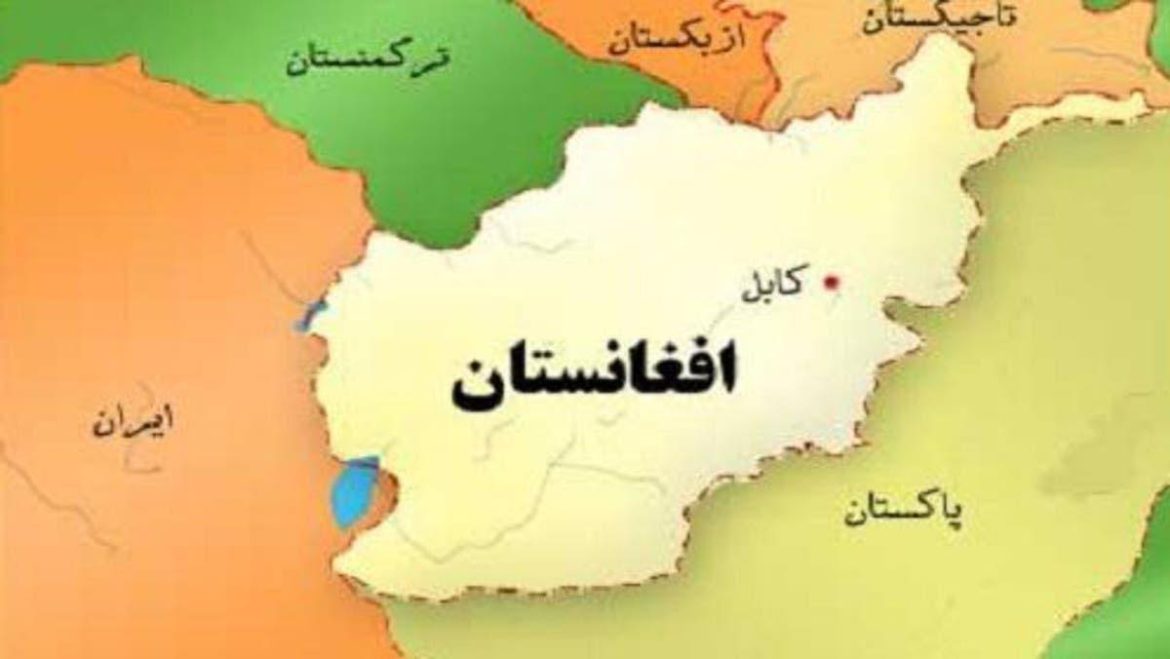With the British military withdrawal from the Indian subcontinent, which began in 1947, the Soviets adopted a friendly policy with Afghanistan by investing in many areas and recognizing the independence of Afghanistan.
Bilateral relations were developed during the term of Prime Minister Sardar Daoud since 1950, and the Soviets had important investments in infrastructure projects in Afghanistan, some of which are still in place to this day.
After the coup against the Afghan king, Muhammad Zahir Shah, which lasted from 1933 to 1973 by Prime Minister Sardar Daoud, who was surrounded by officers affiliated with the Soviet Union, the Soviets began to control little by little over the decision-making centers in Kabul and Sardar Dawood tried to remove the officers affiliated with the Soviets from important positions. To get the country out of the Soviet camp during the Cold War, the officers concerned under the leadership of Muhammad Nur Taraki managed to overthrow him and kill him and all his family members in 1978. The conflict between the Afghan leaders continued and Taraki was killed during these conflicts. The Soviets installed Babrak Karmal President of the Communist Republic of Afghanistan at the end of December 1979, and the true history of the Soviet occupation of Afghanistan began.
After the coup against the Afghan king, Muhammad Zahir Shah, which lasted from 1933 to 1973 by Prime Minister Sardar Daoud, who was surrounded by officers affiliated with the Soviet Union, the Soviets began to control little by little over the decision-making centers in Kabul and Sardar Dawood tried to remove the officers affiliated with the Soviets from important positions. To get the country out of the Soviet camp during the Cold War, the officers concerned under the leadership of Muhammad Nur Taraki managed to overthrow him and kill him and all his family members in 1978. The conflict between the Afghan leaders continued and Taraki was killed during these conflicts. The Soviets installed Babrak Karmal President of the Communist Republic of Afghanistan at the end of December 1979, and the true history The Soviet occupation of Afghanistan began.
The alliance of Gulbuddin Hekmatyar, Ahmad Shah Massoud, Burhanuddin Rabbani and Abd Rab al-Rasul Sayyaf, in addition to the organizations of the Islamic Society of Afghanistan and Hizb al-Islam, formed the cornerstone of the Soviet resistance. However, this alliance received great support from the Pakistani intelligence and the American Central Intelligence Agency to support the Afghan resistance against communism.
The Durand border line, which is 2,430 kilometers long, extends between Afghanistan and Pakistan. Due to the difficulty of guarding and controlling it, Chinese-made weapons purchased by some Gulf countries began to cross rapidly, and the international media began to introduce concepts such as jihad and the mujahideen and circulated them widely, which are concepts specific to the Islamic world and not all of it but it was specific to the Afghan Muslim people.
These concepts received the sympathy of a large group of the Islamic world to support and succeed the Afghan resistance against atheist communism. After nearly two decades, these concepts became one of the most dangerous that can be circulated in this world, and a campaign began to encourage Arab youth from the Arab Gulf countries in particular. And other Arab countries to go and wage jihad in Afghanistan, so the number of Arab youth going to jihad has reached thousands, and this point needs to be devoted to a comprehensive study soon, by God’s will.
Some of them were killed during the military operations against the Soviets, and after the war ended, some of them returned to their countries to be the nucleus of small cells that grew up, and some of them became among the most dangerous jihadist organizations and developed until they declared themselves an Islamic state on the path of the caliphate and ruled large lands of Iraq and Syria. It did not last long, but left wounds and scars. It will not disappear and it is difficult to forget it in the lands it ruled, and some who chose to stay in Afghanistan, most of them were eliminated during the military operations of the international coalition led by the United States to eliminate the Taliban movement after the September attacks in the United States of America
To be continued …
* It is strictly forbidden to use the information and the studies contained on this site, except with prior permission from the administration and the authors Thualfuqar center.

